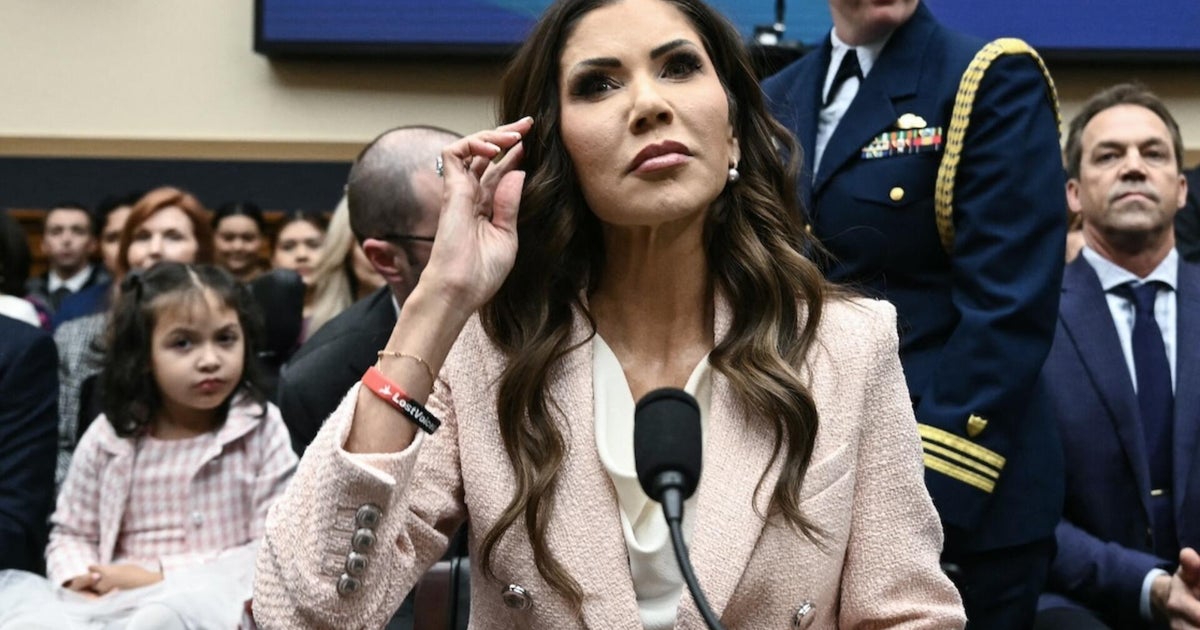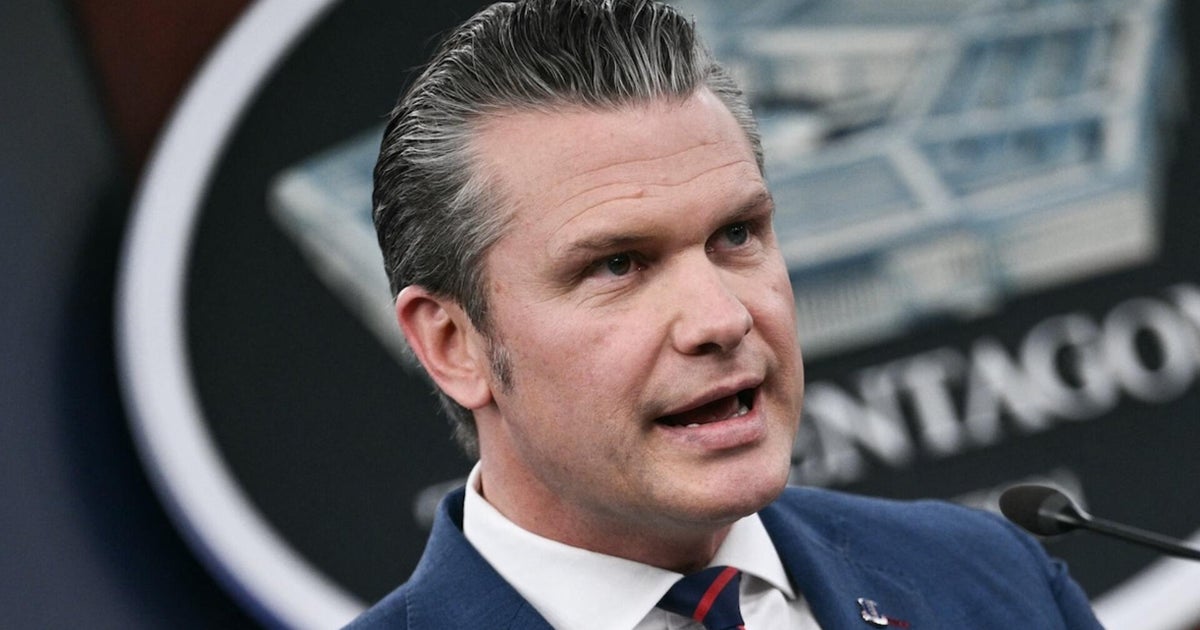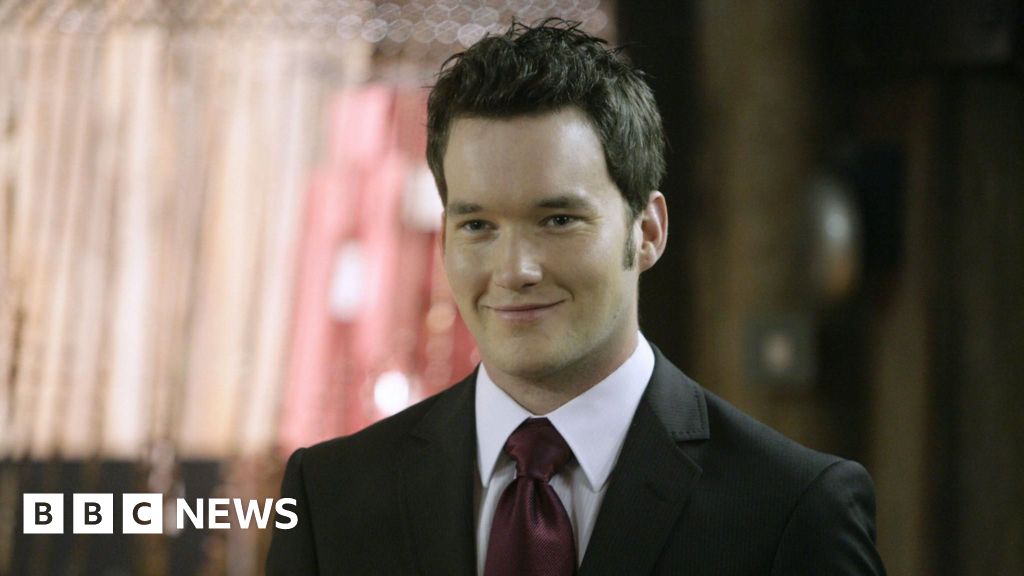Opinion
November 23, 2025 — 5.01am
November 23, 2025 — 5.01am
Ask any working parent why they go to work each day, and the answer will invariably boil down to one common theme. Undoubtedly, they might find their jobs and the work they do to be meaningful, rewarding, stimulating and challenging. I know that’s true for me.
But moving past that to go a little bit deeper, the main reason for all of us is simple: to provide for our children and try to give them a good life.

In September, research from the Minderoo Foundation showed one in 10 Australian parents has withdrawn their child from care.Credit: Shutterstock
Yet recently, parents have been increasingly put in an impossible position, where our work has been inadvertently pitted against our children. And as is too often the way, it’s women who shoulder the weight of trying to fix what feels like a much bigger problem.
In August, ABS data revealed the labour participation rate among women in Melbourne had dropped from 67.2 per cent to 65.9 per cent, while the rate for men grew from 76.5 to 78.6 per cent.
At the same time, women’s full-time employment in Australia fell by 1.3 per cent, despite hitting an all-time high just a couple of months earlier, in July. For men, the full-time employment rate remained relatively unchanged, at 0.2 per cent.
And according to data from the Education Department, more than 20,500 children were withdrawn from childcare services between March and June this year.
You shouldn’t be financially penalised for deciding what is right for you and your family.
At first glance, it’s clear that something is happening, though there’s no real reason for these numbers to sound alarm bells. But then you look at the context, and suddenly things become clearer.
In July, we learnt that a 26-year-old Melbourne childcare worker had been arrested and charged with more than 70 alleged offences relating to eight alleged victims, some as young as five months old.
If that wasn’t horrific enough, it was recommended that more than 1200 children who had attended one of the 20 centres the man had worked at over an eight-year period undergo testing for sexually transmitted diseases.
Loading
Late last year, Queensland childcare worker Ashley Paul Griffith was sentenced to life for abusing 69 girls who had been in his care. In May, we learnt of a young Sydney girl who experienced such extreme neglect at daycare that she will probably require a kidney transplant when she is older.
In October, an ABC investigation revealed it had identified almost 150 people who had been convicted, charged or accused of inappropriate conduct and sexual abuse and were actively working within the sector.
As clichéd as it sounds, these stories are every parent’s worst nightmare. And understandably for many parents, it doesn’t matter how many brilliant daycare facilities or extraordinary childcare workers there are (and there are so, so many), the fear is all consuming and the risk feels too great.
We know this is true because in September, research from the Minderoo Foundation indicated that one in 10 Australian parents had withdrawn their child from care, and 16 per cent of parents had cut back on their working hours specifically as a reaction to the growing number of allegations and horror stories.
The drop in children in preschool care, combined with changes to workforce participation, bear this out. When parents have to choose between keeping their babies safe and working, we will, of course, choose our children every single time.

Without major changes, the situation we’re in will only set more women back.Credit: iStock
That it’s disproportionately women who cut down or drop out of the workforce isn’t surprising, either, when you consider that women still earn 78 cents to every $1 earned by a man (an amount that works out to be an extra $28,425 on average a year).
Or that we will earn roughly $1.5 million less over the course of our working lives and retire with less superannuation simply because we are women.
If a woman is in a heterosexual relationship and a dual-income household, statistically, it’s likely that her male partner earns more than her. Those factors alone make it easy to see why working mums are cutting back.
But the decision, in and of itself, comes with more than just a single dollar cost. There are the obvious and well-known downsides: a reduced chance of getting a promotion at work if you go to part-time, a loss of skills if you leave paid work altogether.
Yet just because she’s reducing her paid working hours doesn’t mean she’s reducing her work. Instead, her workload and working hours will probably increase – but without any financial or workforce recognition attached.
The Workplace Gender Equality Agency Australia (WGEA) has said that women represent 70 per cent of unpaid primary carers for children in Australia and 56.1 per cent of unpaid carers for people with a disability, long-term health condition or the elderly. With that comes increased emotional and mental labour, as well as the guilt experienced when trying to decide what’s best for your family, which also goes unpaid.
Moreover, we know – thanks to this year’s Household, Income and Labour Dynamics in Australia survey – that women do almost 60 per cent of the unpaid domestic labour (18.4 hours, compared with men’s 12.8). We also do the majority of household errands and, you guessed it, caring for children.
But let’s be clear – men aren’t getting out of this scott free. The HILDA data shows that each week, men spend about 10 hours more at their jobs and more time commuting to and from work than women. That’s almost an entire day a week that could be spent with their children, gone.
Loading
Without major changes, the situation we’re in will only set back more women, the gender pay gap will go backwards, and men will face increased pressure to provide financially. That this will happen just because we want to protect our children feels impossibly unfair.
For many people, the choice to work isn’t a choice at all. The vast majority of parents work because they must. But whether you choose to work full-time, part-time or not at all, you shouldn’t be financially penalised for deciding what is right for you and your family.
It should be a choice. And that choice shouldn’t be based on financial fear or, worse, fear for your child’s safety.
Victoria Devine is an award-winning retired financial adviser, a bestselling author and host of Australia’s No.1 finance podcast, She’s on the Money. She is also founder and director of Zella Money.
- Advice given in this article is general in nature and is not intended to influence readers’ decisions about investing or financial products. They should always seek their own professional advice that takes into account their personal circumstances before making any financial decisions.
Expert tips on how to save, invest and make the most of your money delivered to your inbox every Sunday. Sign up for our Real Money newsletter.
Most Viewed in Money
Loading


















































